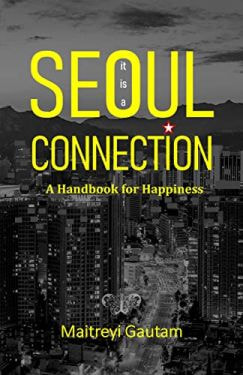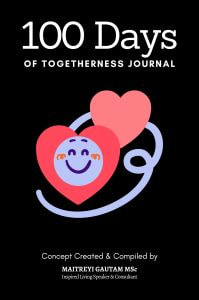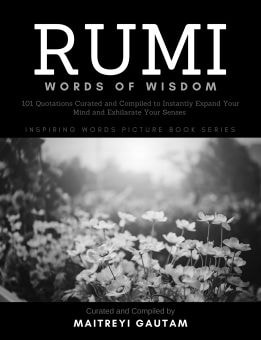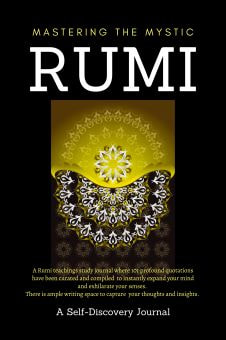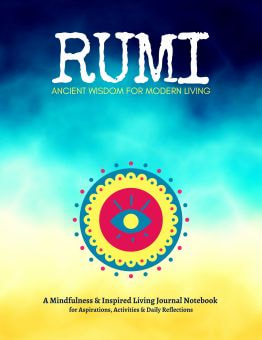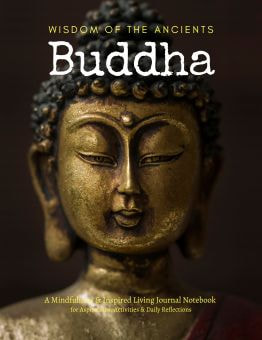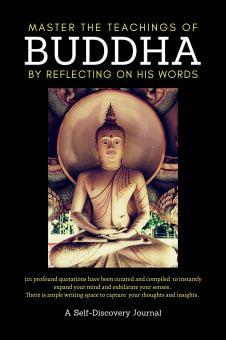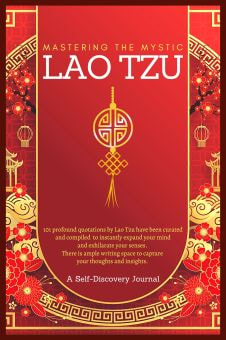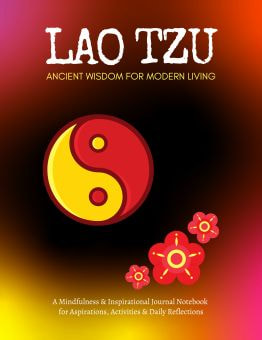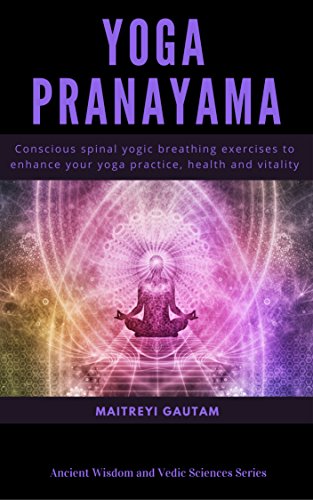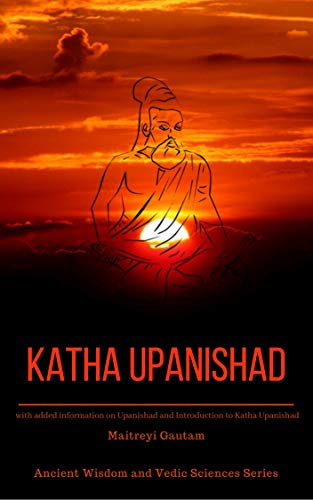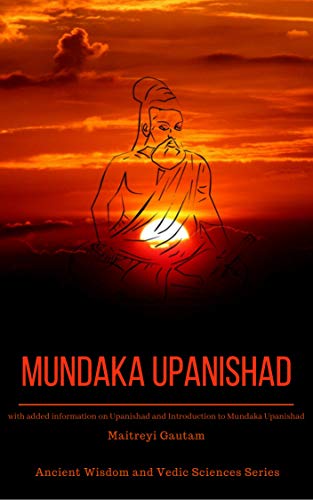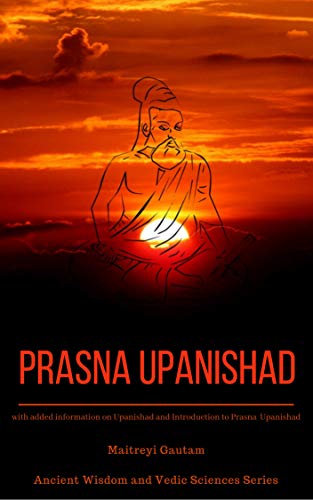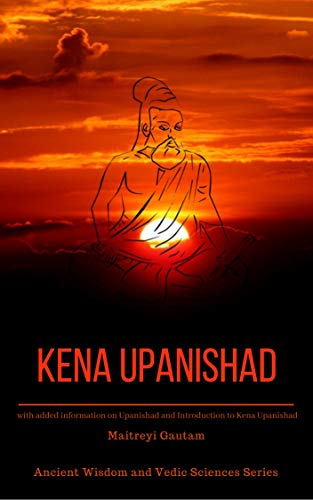Switch words, a concept introduced in the 1960s by James T. Mangan, are rooted in modern psychological principles. They are single words, often in English or the user's native language, believed to directly influence the subconscious mind. The idea behind switch words is that they act as psychological triggers or 'switches' that can instantly shift one’s mental state, emotions, or energy levels. These words are chosen for their ability to represent and bring about a specific desired state or outcome, such as 'TOGETHER' for mastering a skill or 'CANCEL' for eliminating negative thoughts. Unlike traditional affirmations or positive thinking strategies, switch words are intended to bypass the conscious mind and directly affect the subconscious, making them a tool for rapid psychological adjustment.
Mantras, on the other hand, have ancient origins in Vedic Hinduism and Buddhism (which have its roots in the Hindu tradition). These are typically phrases or sounds in Sanskrit, an ancient language of India, revered for its spiritual significance and vibrational qualities. Mantras are deeply embedded in spiritual and religious contexts and are used for a variety of purposes including meditation, prayer, and spiritual enlightenment. A mantra, such as 'Om Mani Padme Hum' in Buddhism or 'Gayatri Mantra' in Vedic Hinduism, is often recited as part of spiritual practice. Unlike switch words, mantras are not just about the meaning of the words; they also involve the vibration and rhythm of the chant, which are believed to have a transformative effect on the mind and spirit.
In practice, switch words are typically used individually and repeated with the intention of bringing about a specific psychological change. Effectiveness of switch words is believed to stem from the power of the word itself and its ability to directly influence the subconscious. Mantras, in contrast, are often part of a broader, more structured spiritual practice. They are recited repeatedly, sometimes hundreds or thousands of times, and this repetition is an integral part of their effectiveness. The practice of chanting mantras is often combined with other elements of spiritual discipline, such as breath control (or pranayama), meditation (or mindfulness), and physical postures (or asanas).
The differences between switch words and mantras also extend to their perceived effectiveness and the contexts in which they are used. Switch words are primarily a self-help tool, used by individuals seeking to manage their mindset and emotions in everyday life. Their appeal lies in their simplicity and the belief in immediate results. Mantras, however, are part of a larger spiritual journey, often associated with religious traditions and practices. Their effectiveness is not only measured in terms of immediate psychological change but also in terms of spiritual growth and development.
In summary, while switch words and mantras are both used for personal transformation and focus, they stem from different traditions, serve different purposes, and are used in different ways. Switch words are modern, psychological tools aimed at quick mental shifts, whereas mantras are ancient, spiritual practices aimed at deeper mental and spiritual harmony.


